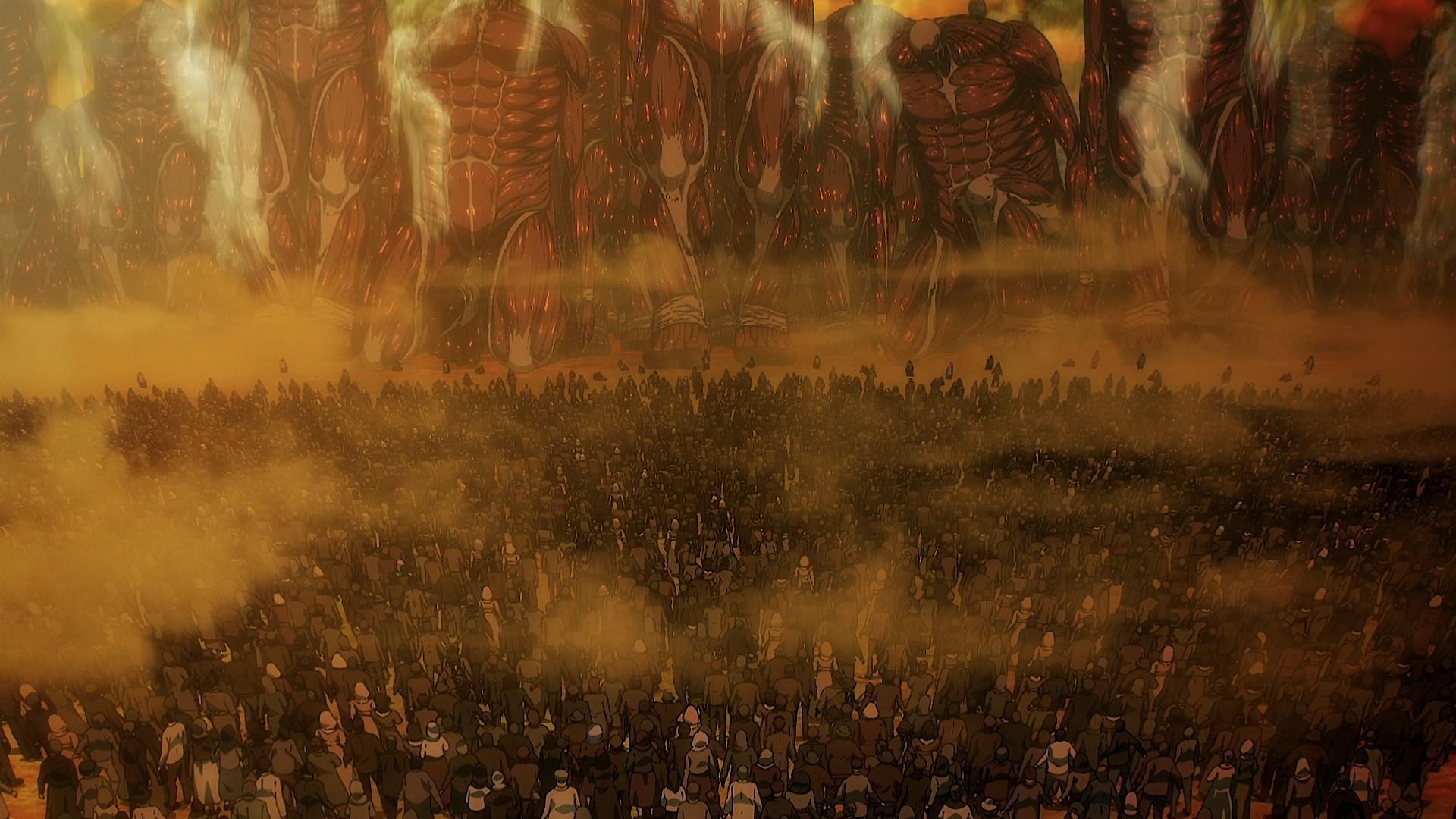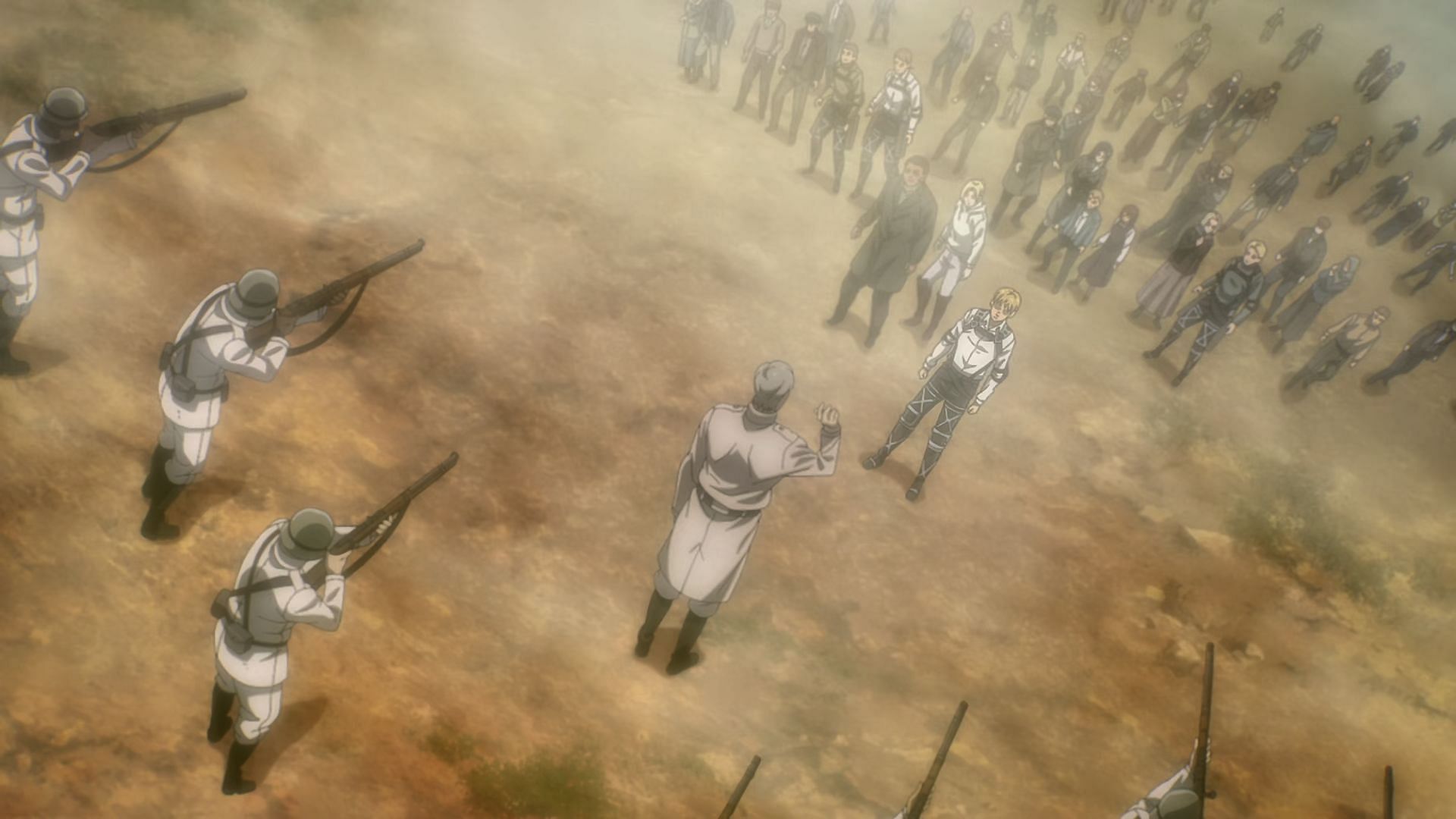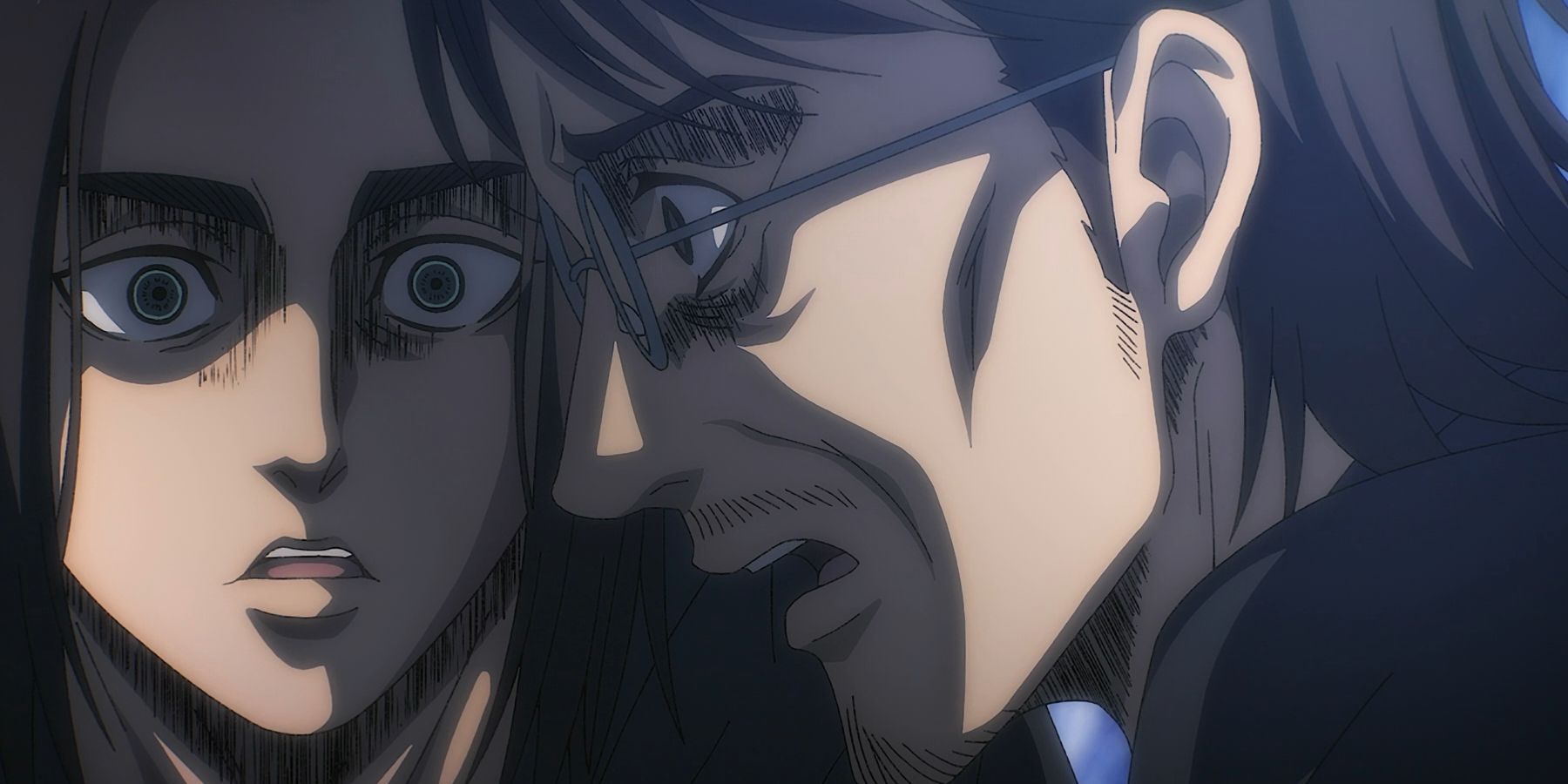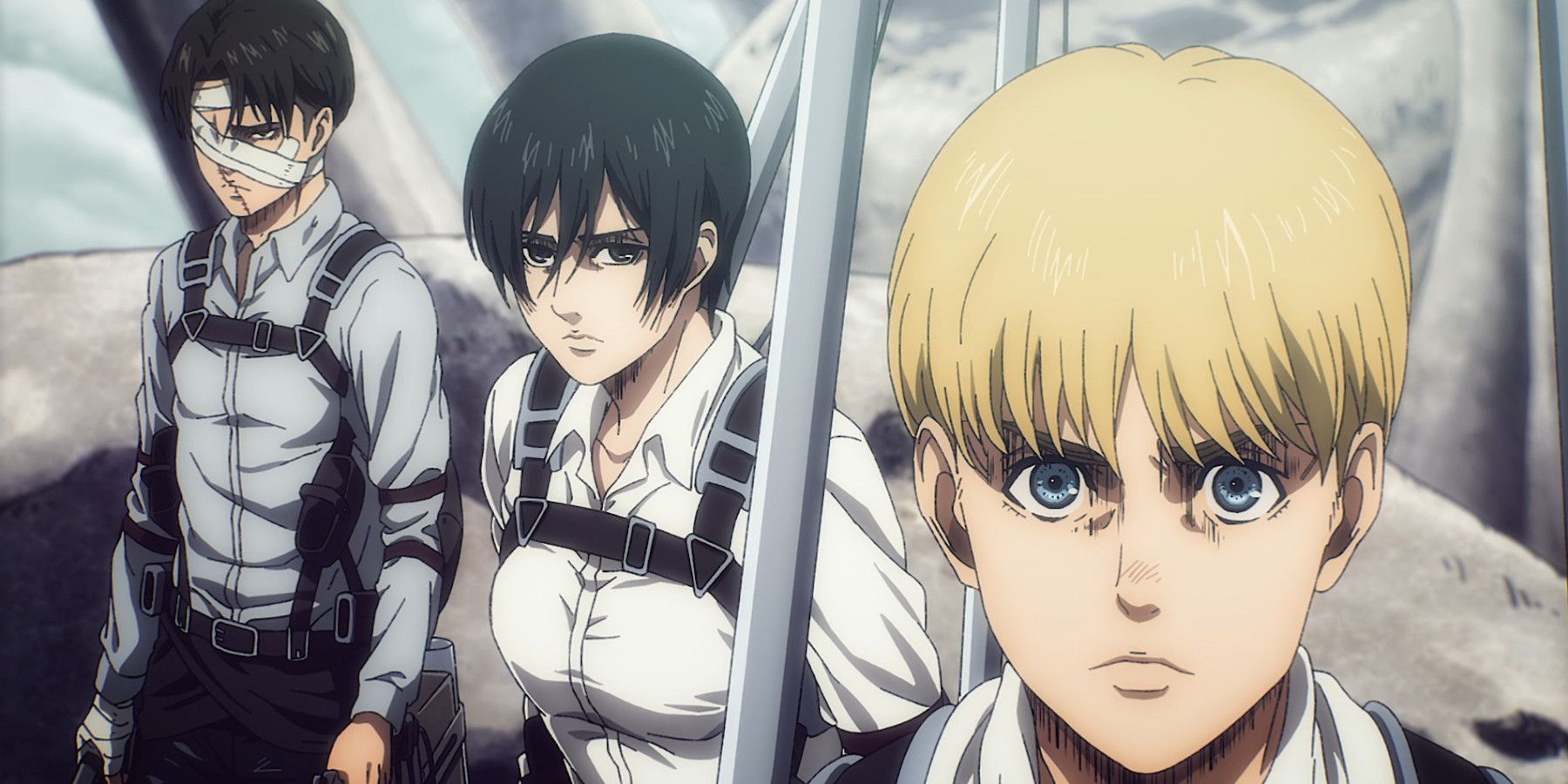
The Controversial Allegations: Understanding the Fascist Interpretation of Attack on Titan

Discover the controversy surrounding Attack on Titan's alleged fascist themes Explore the parallels between Yeagerists and the SS army, delve into Eren's morally ambiguous actions, and gain insight into this thought-provoking narrative
In recent years, Attack on Titan has become immensely popular in the anime and manga communities. Alongside its emotional depth, the series delves into unsettling themes and dark questions. One noticeable aspect is the incorporation of fascist elements into the plot. Upon closer examination of key events in the storyline, it becomes evident that the narrative reflects certain parallels with fascist or Nazi agendas.
The narrative of Attack on Titan reflects fascist elements dating back 2000 years, depicting the brutal Eldian tribe led by King Fritz. The historical storyline reveals a longstanding conflict between Eldians and Marleyans rooted in discriminatory practices.
Note: This article represents the writer's personal opinions and is subjective in nature.
Evident fascist undertones in the narrative of Attack on Titan
In the current timeline of the story, Marley has gained power and now imposes oppressive measures on Eldians, confining them to zones and subjecting them to cruel treatment based on their race. Those who resist Marley are turned into mindless titans and forced into exile on Paradis Island.
The mistreatment by Marley leads to the formation of the Eldian Restorationists, a group that Eren's father Grisha Yeager belonged to. Their main goal was to overthrow Marley, free Eldians from oppression, and restore Eldia as a global power. These events in the story parallel fascist ideologies and doctrines.
Apparent similarities between Yeagerists and the fascist SS army
The Yeagerists, led by Eren and supported by both civilians and military personnel, initially sought to reunite Zeke and Eren but ultimately shifted their focus to establishing the New Eldian Empire. As Eren's devoted followers, they played a crucial role in protecting him and ultimately played a significant role in bringing about the Rumbling. Floch Forster served as their second in command.
Eren’s genocide
Significantly, there are remarkable similarities between this group and the SS, also referred to as the Schutzstaffel, the Nazi organization established and commanded by Adolf Hitler. The SS played a key role in carrying out the majority of the genocide during the Holocaust. Often known as the Protection Squads, the SS also functioned as Hitler’s personal bodyguard unit.
The Rumbling (Image via MAPPA)
Eren's initiation of The Rumbling in the final seasons of Attack on Titan bears a resemblance to the Holocaust. However, despite the ultimate actions mirroring the fascist massacre, Eren's true agenda deviates substantially.
In the last chapter of Attack on Titan finale, Eren's true motives for the genocide are unveiled during his conversation with Armin. He explains that his main goal was to protect his friends, loved ones, and his homeland from the outside world by eliminating 80 percent of humanity, a decision that burdened him greatly.
Although his genocide bears a resemblance to the Holocaust, it's important to acknowledge that he also killed fellow Eldians confined in Marley. This deviates from the usual fascist agenda, adding layers of complexity to the moral implications of Eren's actions.
Final thoughts
Marleyans vs. Eldians post-rumbling in Attack on Titan finale (Image via MAPPA)
The narrative of Attack on Titan reflects the darker aspects of humanity, such as fascism and race-based discrimination, which are real-world issues. While some viewers may mistakenly perceive the story as having a pro-fascist influence, this is not the case, especially considering the portrayal of Eren as the antagonist. It is important to note that the story itself does not promote fascism, but rather depicts similar ideologies through the actions of some characters. The mangaka, Hajime Isayama, skillfully captures these complex issues in the storyline, making it a reflection of these problems rather than an endorsement of such ideologies.
Editor's P/S
Attack on Titan is a complex and thought-provoking series that has sparked a great deal of debate among fans. Some have accused the series of promoting fascist ideologies, while others have argued that it is actually a critique of fascism.
In my opinion, Attack on Titan is not a pro-fascist series. While there are certainly some fascist elements in the story, such as the Yeagerists and the Eldian Restorationists, these groups are ultimately portrayed as villains. The series also shows the devastating consequences of fascism, such as the Rumbling.
Overall, I believe that Attack on Titan is a powerful and important series that raises important questions about the nature of fascism and the dangers of discrimination. While the series may not be for everyone, I highly recommend it to anyone who is interested in thought-provoking and challenging anime.















